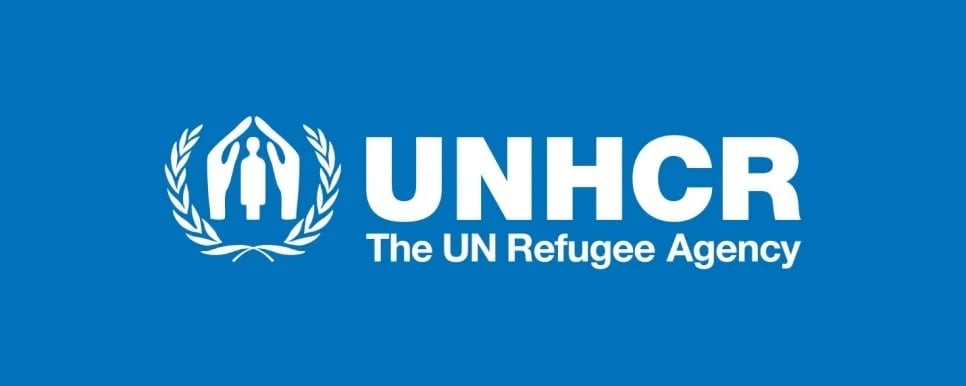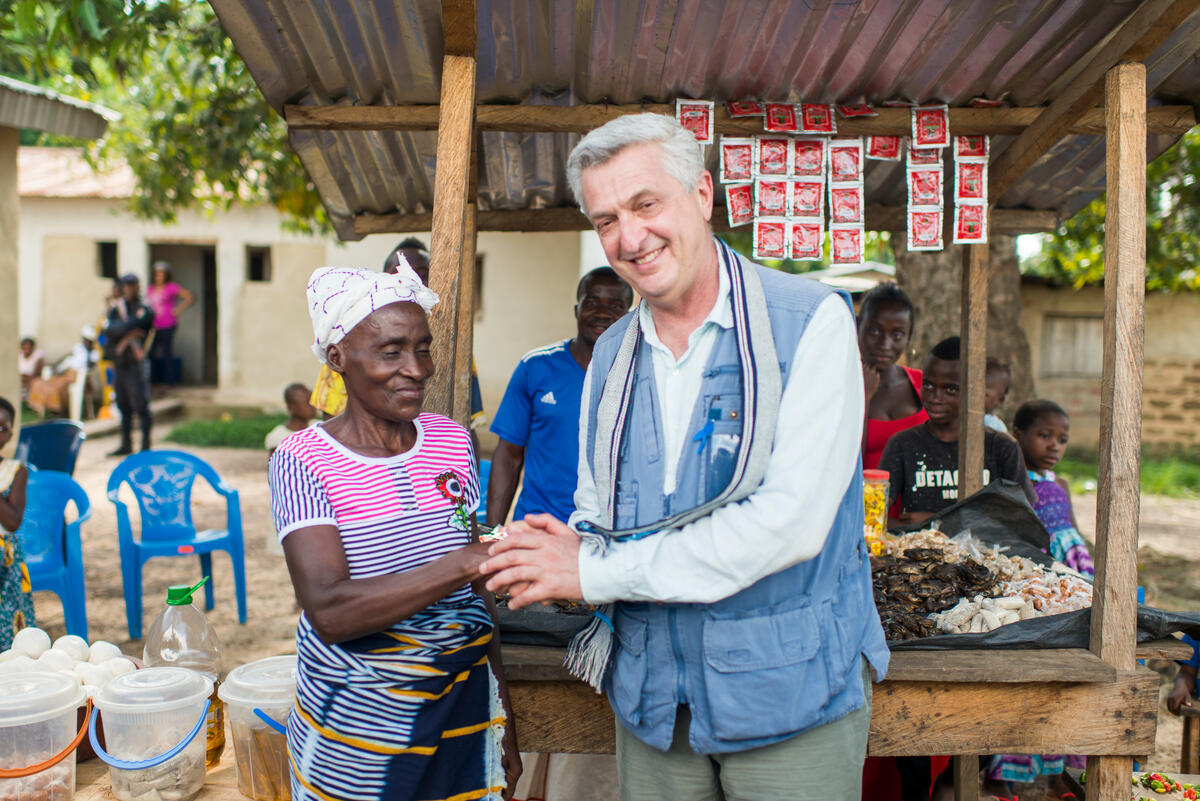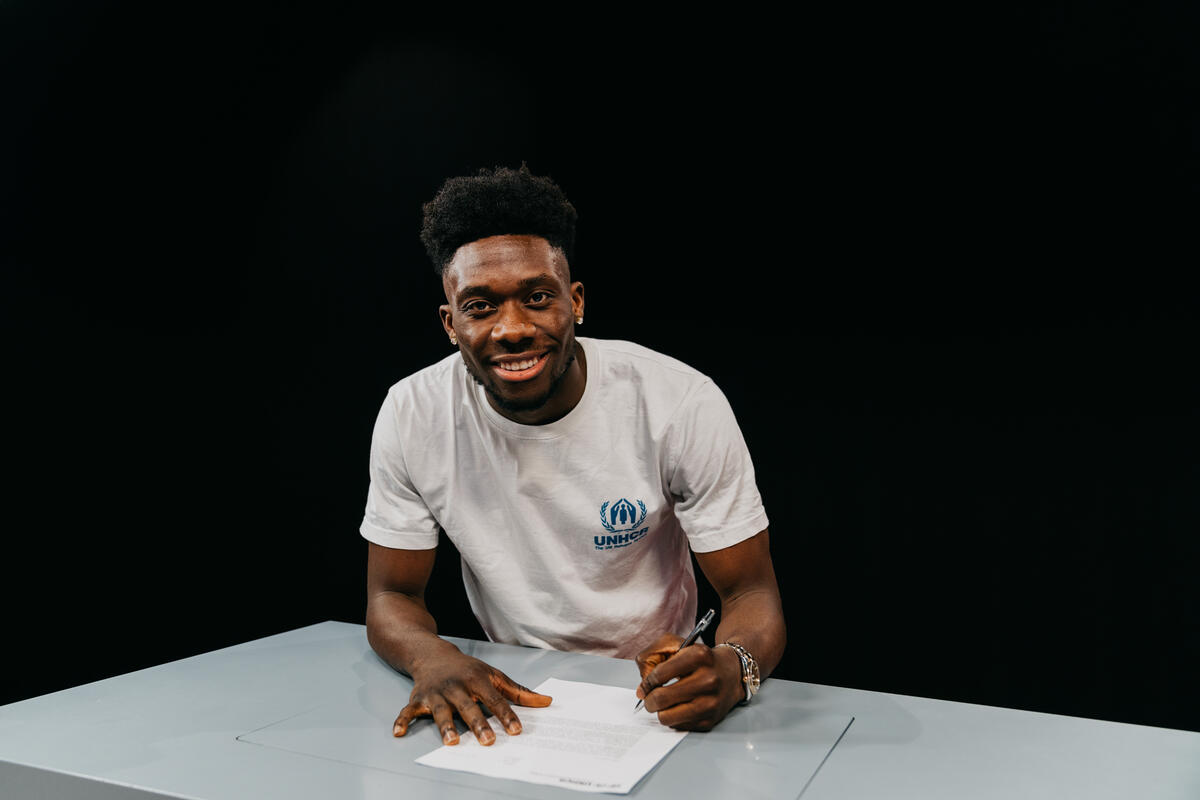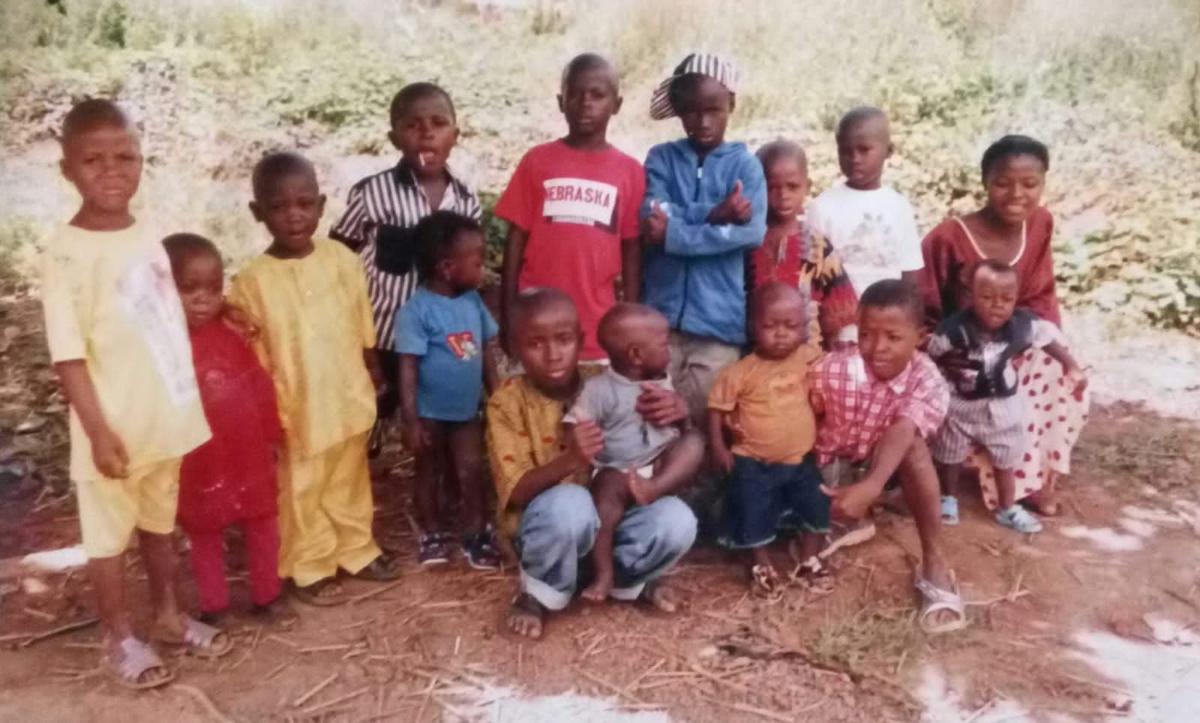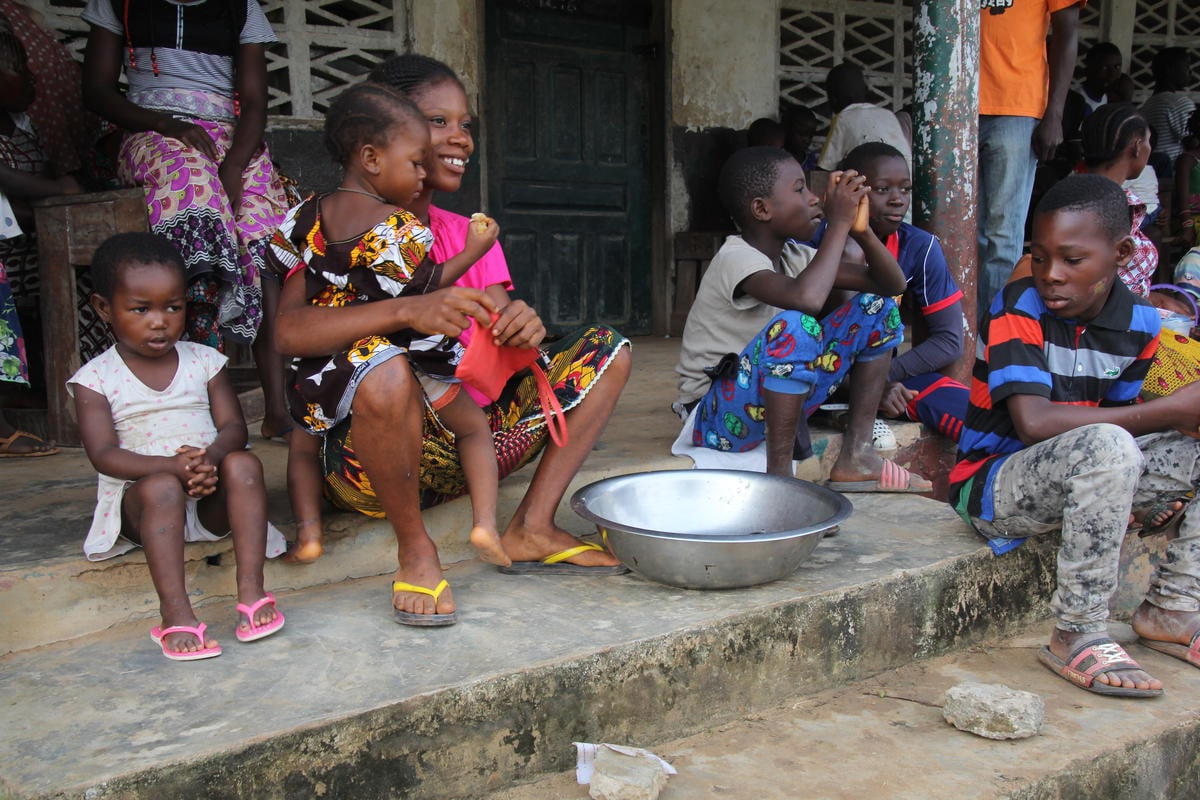Liberia: Lubbers to raise concerns at Durban summit
Liberia: Lubbers to raise concerns at Durban summit
Fearful of ongoing fighting, Sierra Leonean refugees in Liberia continue to arrive at the UNHCR office in Monrovia asking for help in returning to Sierra Leone. More than 2,000 have so far registered and are currently awaiting return. Because the main road from Monrovia to Sierra Leone remains blocked, UNHCR has begun making logistical arrangements to transport refugees back to Sierra Leone by sea. It is hoped that the first boat trips could start as early as next week.
At the same time, the influx of Liberian refugees into Sierra Leone continues, with more than 1,600 arriving via the Gendema crossing point in the past week. This brings the total number of Liberians arriving in Sierra Leone since the beginning of the year to more than 40,000. In addition to last week's Gendema arrivals, hundreds of other Liberians have crossed at three official crossing points further to the north - Dar es Salaam, Gbaa and Wunde. There are also indications that large numbers of Liberian refugees continue to enter Sierra Leone at several unofficial crossing points.
In addition, some 300 Sierra Leonean refugees have returned to Sierra Leone from Liberia via Gendema so far this month. In all, since an attack on the Sinje refugee camp in north-west Liberia on June 20, some 8,500 Liberian refugees and nearly 2,200 Sierra Leonean returnees have crossed into Sierra Leone at Gendema. Thousands of other refugees and displaced people from Sinje are still believed to be in the conflict area, many reportedly hiding in the bush. UNHCR Monrovia has sent staff to five remaining camps in the Monrovia region to interview new arrivals who may have information on the whereabouts and conditions of those from Sinje.
Recent arrivals come from villages throughout Grand Cape Mount County, where fighting is reportedly intensifying. The refugees reported an attack in Bomballa on Wednesday, as well as heavy fighting in Freemont Town.
Refugees continue to complain of harassment and extortion by armed elements at the official crossing points. At Dar es Salaam, refugees claim that everything of value is confiscated before they are allowed to cross. Reports of forced conscription along the highway, particularly in the vicinity of Klay, also continue.
Meanwhile, High Commissioner Ruud Lubbers is attending the OAU/AU summit in Durban, South Africa, where he is raising his concerns about deteriorating conditions for refugees and displaced people in Liberia. Mr. Lubbers is scheduled to meet today with Senegal President Abdoulaye Wade, who is also the current chairman of the West African regional body, ECOWAS. Mr. Lubbers is expected to seek more support from ECOWAS to help resolve the latest round of fighting in Liberia, which has sent more than 77,000 Liberians fleeing to neighbouring countries since the beginning of this year. This includes more than 40,000 to Liberia and over 37,000 to Côte d'Ivoire, Guinea and Ghana. Equally large numbers have been displaced within the strife-torn country. Tens of thousands more are expected to flee if the fighting, which at times has drawn to within 25 km of Monrovia, is not brought to an end. Last week, UNHCR issued a new, $10.4 million appeal to provide emergency assistance to up to 100,000 Liberian refugees in Sierra Leone, Guinea and Côte d'Ivoire.
Yesterday, Mr. Lubbers met with Sierra Leone Foreign Minister Momodou Koroma, who is heading his country's delegation to the OAU/AU Council of Ministers. The High Commissioner sought Sierra Leone's intervention with the Liberian rebel group, LURD, to secure the release of five nurses who were abducted from Sinje refugee camp, north-west of Monrovia nearly three weeks ago.
In another meeting yesterday, Mr. Lubbers met Democratic Republic of the Congo President Joseph Kabila. Today and tomorrow, he is also scheduled to hold talks with leaders from Angola, Zambia, Nigeria and Eritrea.
This evening, the High Commissioner will make a statement at a round-table discussion on "The Implementation of NEPAD [New Partnership for Africa's Development] and NEPAD Partnerships." The discussion will be moderated by Senegal President Wade.


